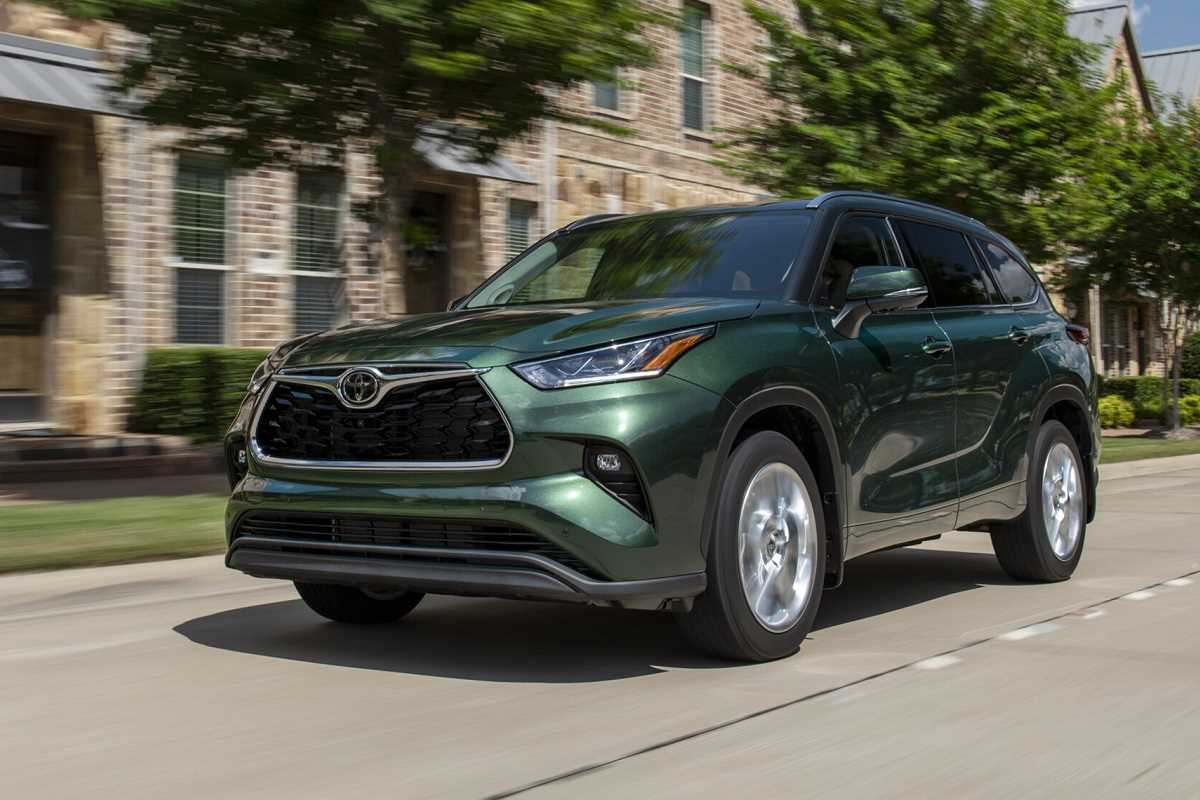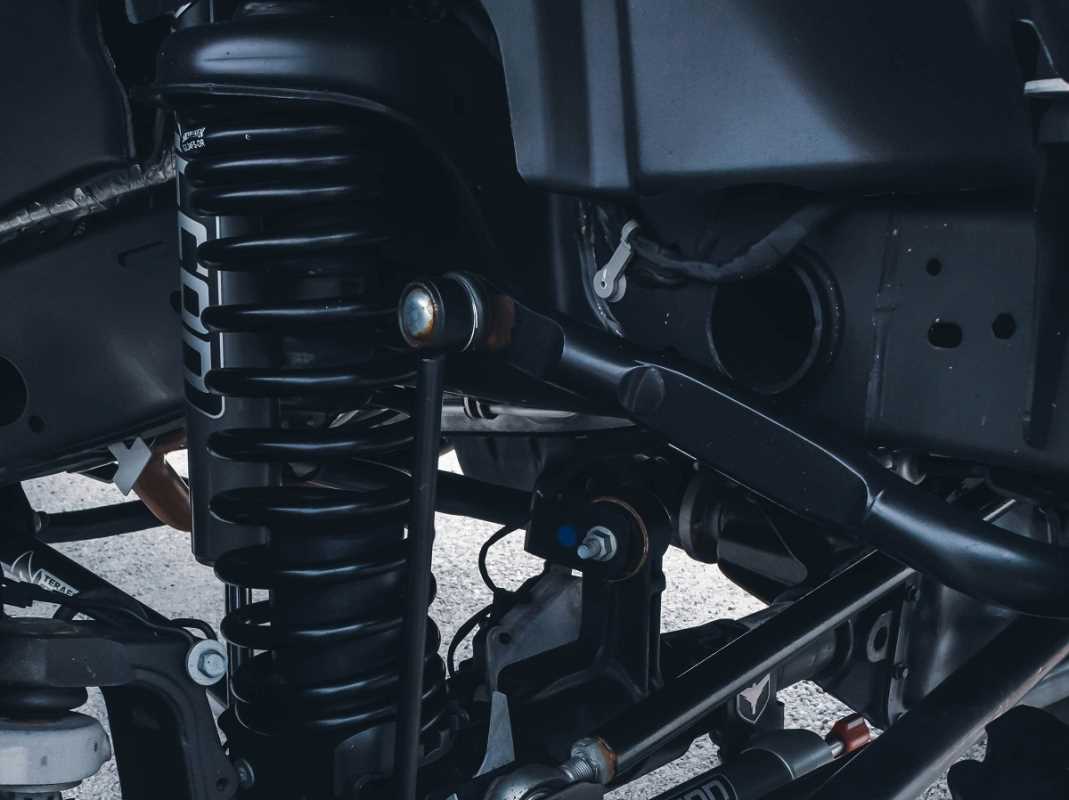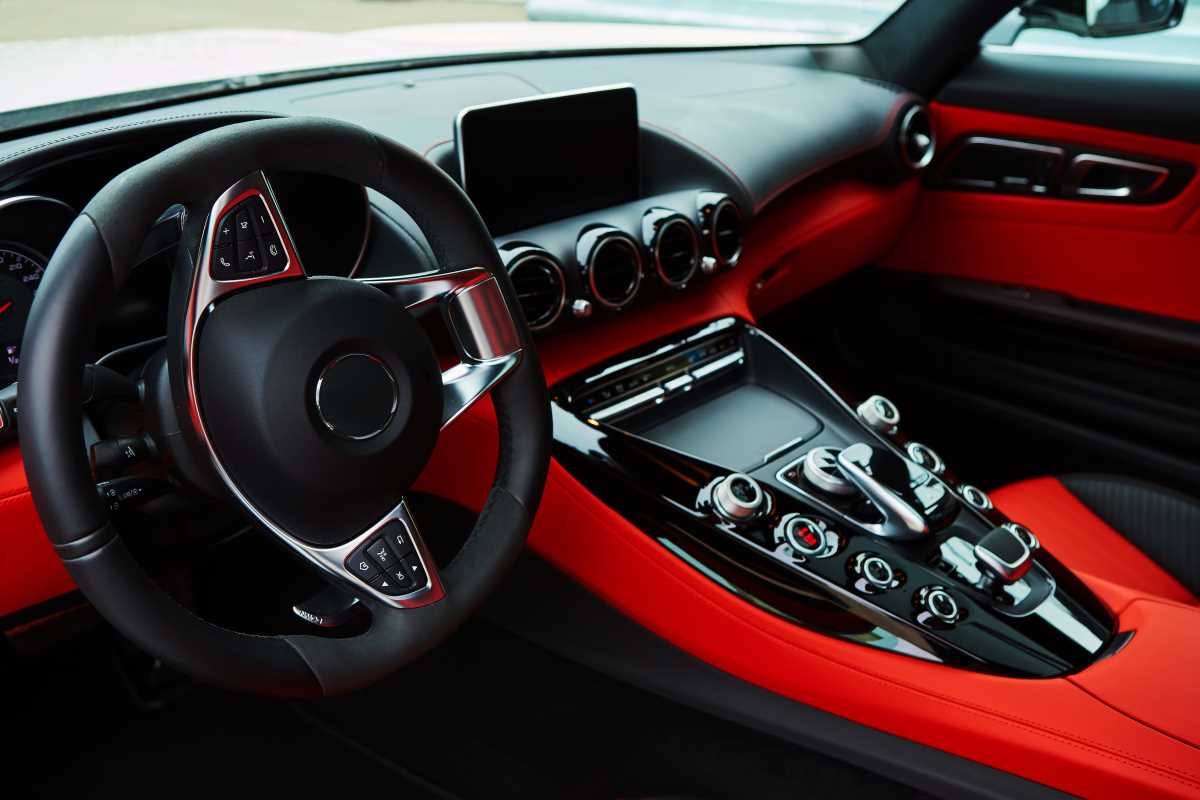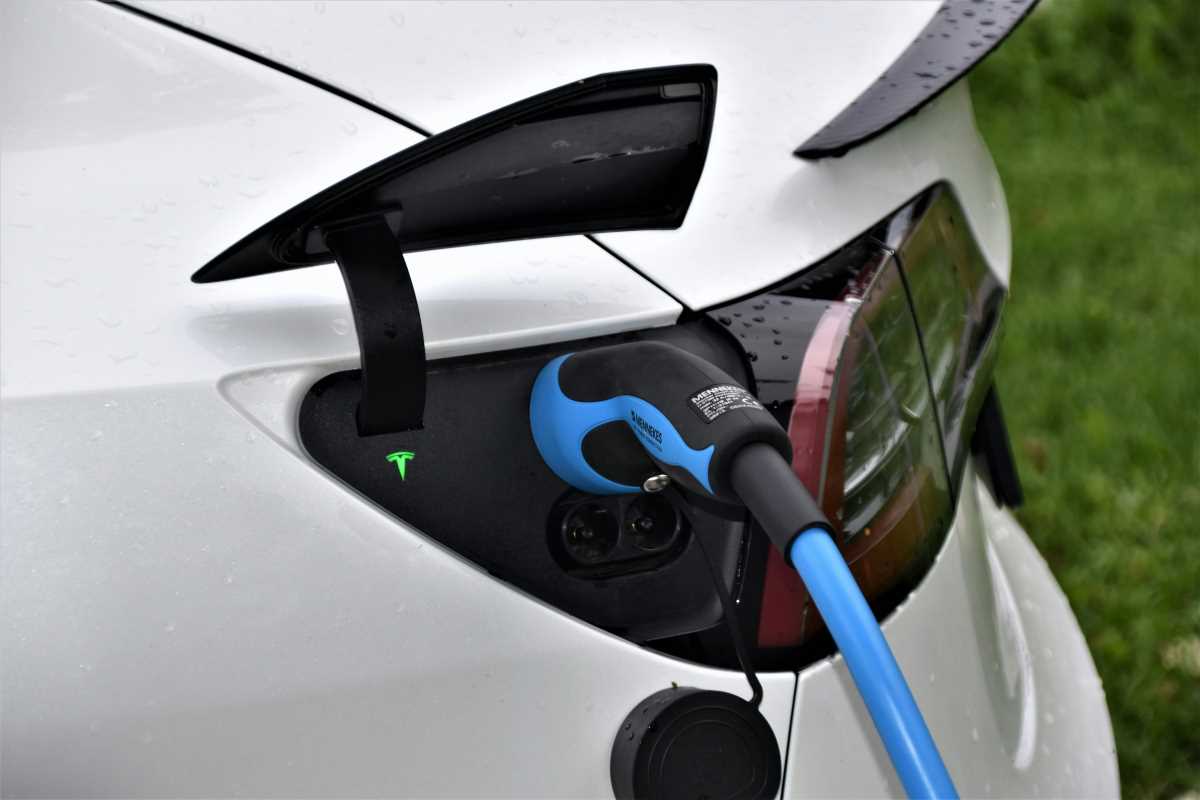Hybrid vehicles have gained popularity due to their efficiency and eco-friendly nature. One of the key components that ensures their performance is the battery. Extending the battery life of your hybrid vehicle saves you money in the long run and contributes to a more sustainable environment. Understanding how to care for your hybrid battery makes a significant difference in the longevity and reliability of your vehicle.
Understanding Hybrid Batteries
Hybrid vehicle batteries are complex systems combining electric and gasoline power to optimize fuel efficiency and reduce emissions. Here are the basics:
- Combination of Power Sources: Hybrid batteries work alongside a traditional gasoline engine, providing additional power when needed and allowing the engine to shut off during idle periods.
- Energy Storage: These batteries store energy generated during braking and from the engine, which then powers the electric motor.
- Types of Batteries: Most hybrid vehicles use lithium-ion or nickel-metal hydride (NiMH) batteries, both of which are known for their durability and ability to handle numerous charge cycles.
Routine Maintenance Tips
Regular maintenance is essential to keep your hybrid battery in top condition. Simple actions significantly extend the life of your battery:
- Regular Inspections: Check your battery during routine service appointments to identify potential issues early.
- Keep It Clean: Ensure the battery and its connections remain free from dirt and corrosion, which can impede performance.
- Monitor Battery Health: Use your vehicle’s dashboard indicators or diagnostic tools to monitor battery health indicators.
Driving Habits That Impact Battery Life
Your driving habits help determine the lifespan of your hybrid battery. Adopting certain behaviors helps maintain its efficiency:
Avoiding sudden accelerations and heavy braking reduces the strain on the battery, allowing it to last longer. Driving at moderate speeds and minimizing excessive idling significantly impacts overall battery health. By being mindful of how you drive, you not only enhance battery longevity but also improve the overall performance of your hybrid vehicle.
Temperature Management
Temperature extremes can adversely affect battery performance. Maintaining an optimal temperature range proves vital for battery health:
- Park in Shade: Whenever possible, park your vehicle in shaded areas or use a sunshade to reduce exposure to high temperatures.
- Use Climate Control: Utilize your vehicle’s climate control system to maintain a stable interior temperature, preventing the battery from overheating.
- Avoid Extreme Cold: In colder climates, keep your hybrid vehicle in a garage to protect the battery from freezing temperatures.
- Regularly Check Coolant Levels: Ensure that the cooling system functions properly to regulate the battery temperature effectively.
Charging Best Practices
Proper charging proves essential to maximize the lifespan of your hybrid battery. Following these best practices ensures efficient battery usage:
Always use the manufacturer-recommended charging devices to prevent overcharging or undercharging, which can degrade the battery over time. Avoid letting the battery drain completely before recharging, as consistent deep discharges can reduce its capacity. Charging the battery during moderate temperature conditions rather than extreme heat or cold helps maintain its health.
Advanced Techniques for Battery Care
Advanced methods can further enhance battery longevity for those looking to take their battery maintenance to the next level. Regularly updating your vehicle’s software optimizes battery management systems, ensuring that the battery charges and discharges efficiently. Investing in a smart charger that adapts to the battery’s needs also provides more tailored charging cycles. Consult with professionals who specialize in maintaining hybrid vehicles for personalized advice and techniques to keep your battery in peak condition.
 (Image source: Toyota)
(Image source: Toyota) 





